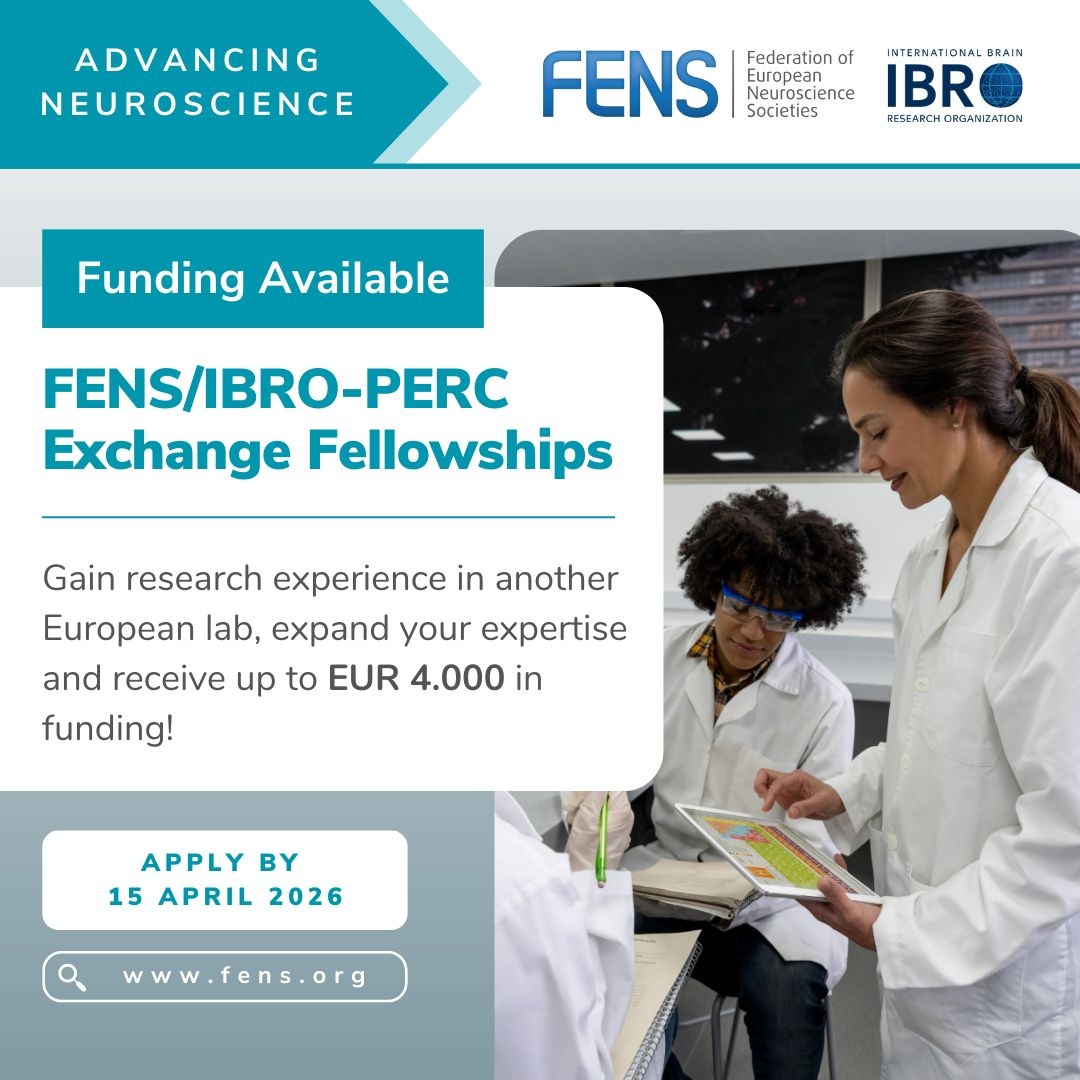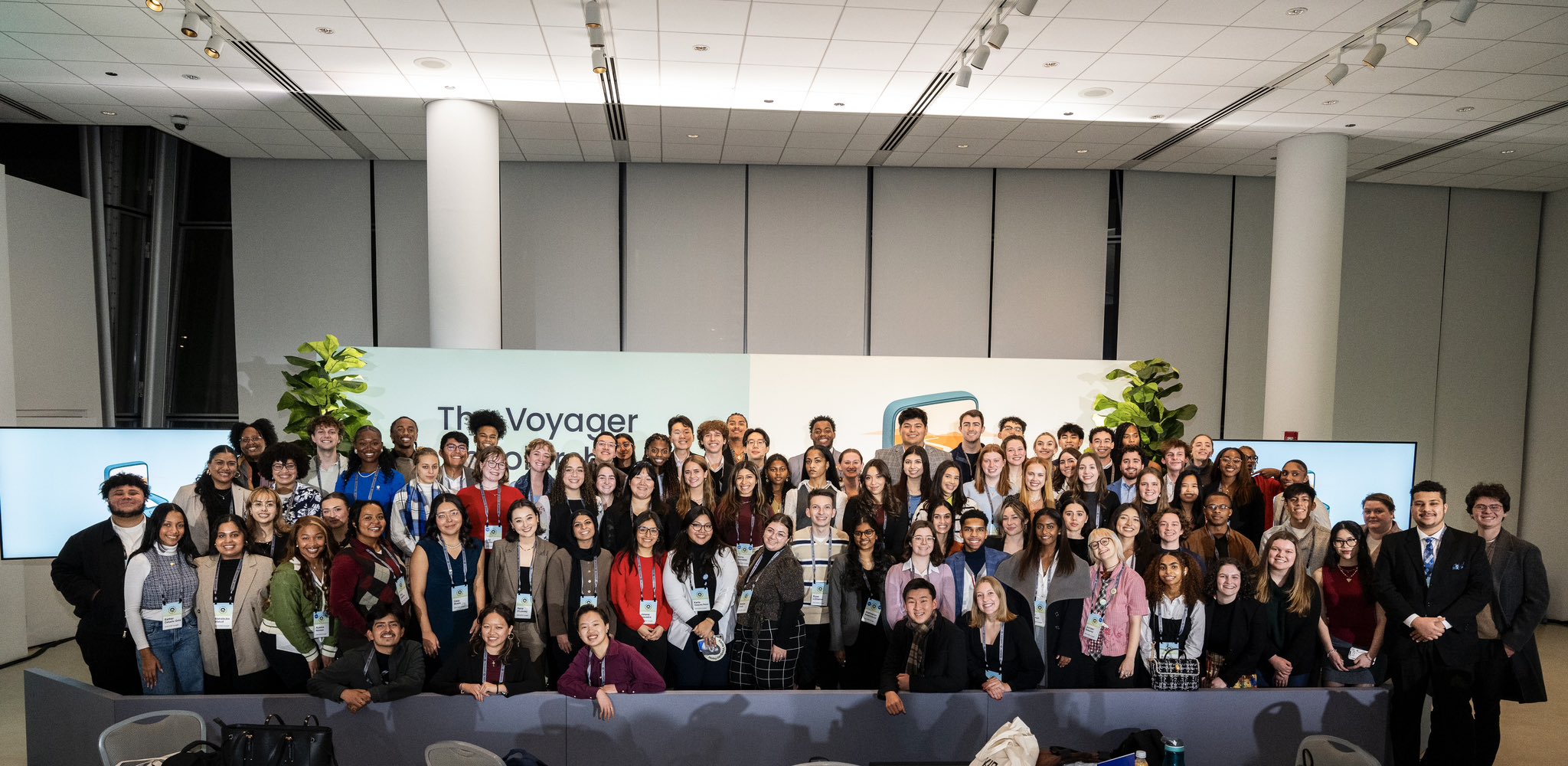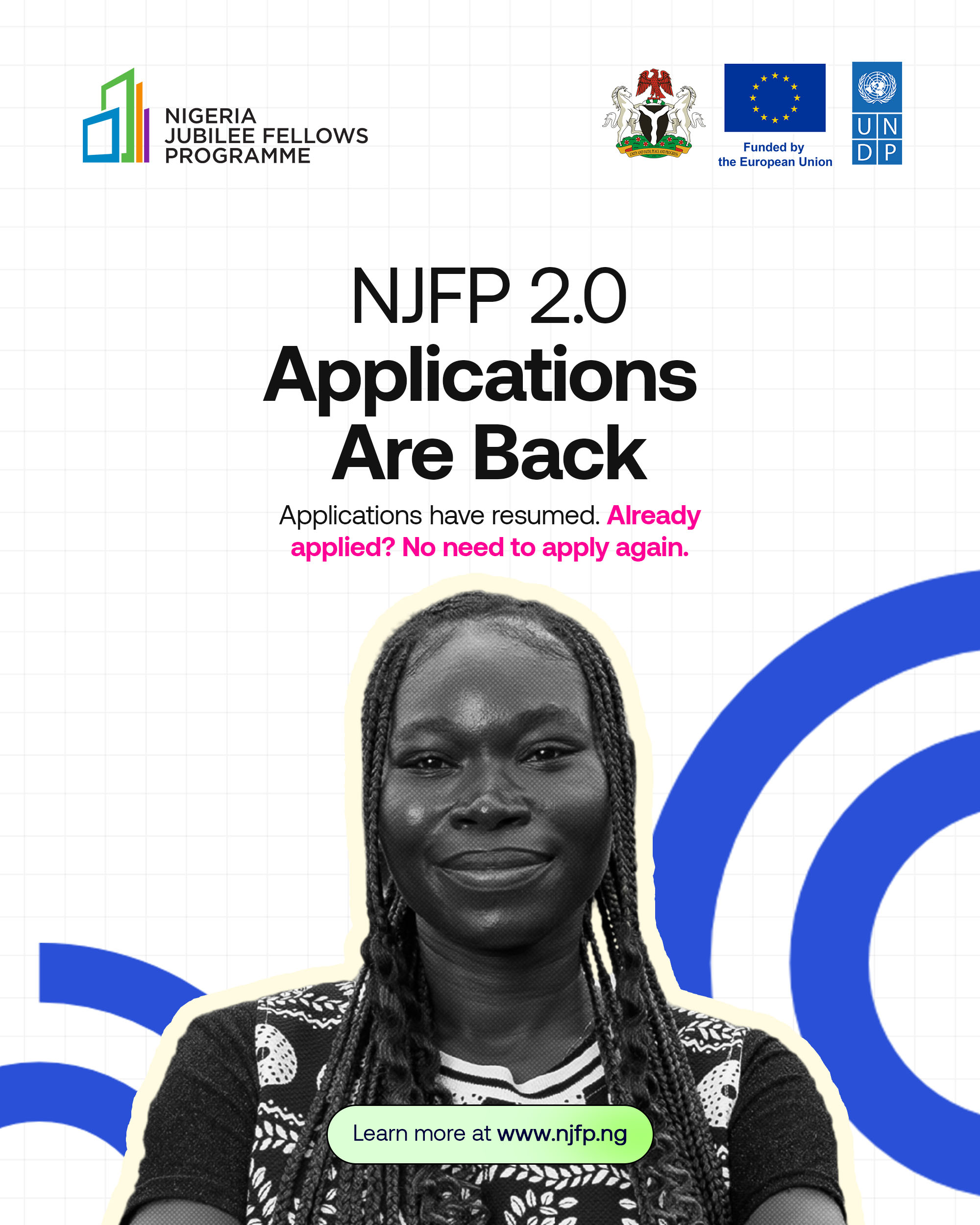
2019 Conny Kristel Fellowship
Deadline: December 30, 2018.
As a historian, Dr Kristel was known for her publications about the history of the persecution of the Jews, and her work about the Netherlands during the First World War. The will to fathom the origins and consequences of war violence, persecution and victimhood formed the core of all her work. As project director of EHRI, she made a significant contribution to the internationalization and innovation of Holocaust research.
This first special call is the symbolic start to a new phase of the EHRI Fellowship programme that in honour of Dr Conny Kristel will grant Holocaust researchers, archivists and digital humanists comprehensive transnational access to key collections and centres of expertise across Europe and beyond. It marks EHRI’s commitment to continue and deepen the ground-breaking work Dr Kristel envisioned, encouraged and performed.
ELIGIBILITY
- The Fellowship is funded by the European Union under the rules of transnational access and is thus principally open to applicants working at institutions established in member (the EU-28) and associate states.
- By EU regulations, participation by Fellows working at institutions in third countries is limited to 20% of the total amount of units of access provided by EHRI.
- It is not possible to apply for the Conny Kristel Fellowship if one works in the Netherlands.
BENFITS
- EHRI fellowships include a stipend for housing and living expenses as well as travel to and from the inviting institution.
- These stipends follow the practices of the inviting institution or institutions.
- The first Conny Kristel Fellowship will enable a fellow to exchange insights and expertise with the researchers working at the NIOD, who are leading profound work in the field of War, Holocaust and Genocide studies. This will also provide the Conny Kristel Fellow with the unique opportunity to possibly connect his or her research to projects currently being undertaken at NIOD.
APPLICATION
All application materials must be submitted in English. The application must include the following:
- A completed application form.
- A curriculum vitae (maximum 2 pages).
- A four to five page (1,250 to maximum 1,500 words) detailed research project proposal related to the Holocaust (including its antecedents and aftermath) that the applicant plans to undertake during the term of the fellowship as well as an explanation of why research at the NIOD fits the research topic.
- A letter of recommendation from a reputable academic who is familiar with the applicant’s work. A letter of recommendation should include evaluation of the applicant’s proposed research as well as the overall quality of the applicant’s work. The letter may be sent by email as a scan (including the recommenders signature and letterhead) with the application or directly by the recommender. The letter must be received before the application deadline.
- Applicants must also designate a second recommender in the application form. The recommender may be contacted directly by EHRI.
All application material can be sent as an email attachment in DOC or PDF format to ullrich@ifz-muenchen.de. Please send all application material at one time. The submission deadline is 31 December 2018. Late submissions will not be considered.
After the EHRI staff has checked whether all proposals are complete and eligible, the proposals will be evaluated for scientific excellence by independent experts.
OFFICIAL LINK



